The Saving Grace of a Spiritual Community by Josten Ma
Josten distinctly remembers when he left Hong Kong over 30 years ago, that he would not be interested in Buddhism. Until many years later, he attended a Dharma class near his home in Northwest Houston and learned about the Buddha’s true words, Jade Buddha Temple and the English Dharma Group. And this started his meditation “career,” which continues to be a vital part of his life.
Josten served the Texas Buddhist Association in various roles as a long-time EDG coordinator and three-term Board member. More recently, he developed EDG’s semi-annual four-week class on Mindfulness in Urban Living, which he leads in its fourth year. Additionally, he spearheads a local community meditation program called SMG, Satellite Meditation Groups. Meditators meet weekly in three geographical areas around the Greater Houston area.
Meditation is an essential part of his life, and Josten is inspired by sharing his passion with others. It is especially gratifying for him to see dedicated members that join EDG’s classes and take the instructions seriously. The inspiration comes when many begin to see benefits from their earnest practice of the mindfulness exercises.
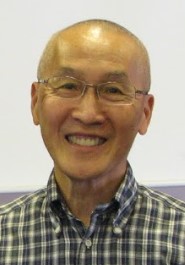
“Personally, my saving grace is the spiritual community (Kalyāṇa-mittatā), nowadays called “support group.”
“Meditation is always present deep inside me, doing it, however, is a different ball game,” Josten points out. “If I didn’t continually associate with people that were interested in meditation, my 20+ years of practice might not have happened.”
An internet search on this topic reveals a multitude of excuses for not starting or maintaining a regular meditation practice:
According to Mindful Magazine:
- I’m too busy; I don’t have the time.
- I find it really uncomfortable to sit still for too long.
- My mind won’t stop thinking.
- There are too many distractions; it’s too noisy.
- I don’t see the benefit.
- I’m no good at this; I never get it right.
- It’s all just weird New Age hype.
“If any of these excuses sound familiar, you are not alone. And so, I encourage you to join our weekly Sunday meditation program at Jade Buddha Temple from 10-10:30 am. I am leaving you with a few articles; they might inspire you in the coming New Year 2020. After all, it’s the time of the year to set internal and external intentions!”

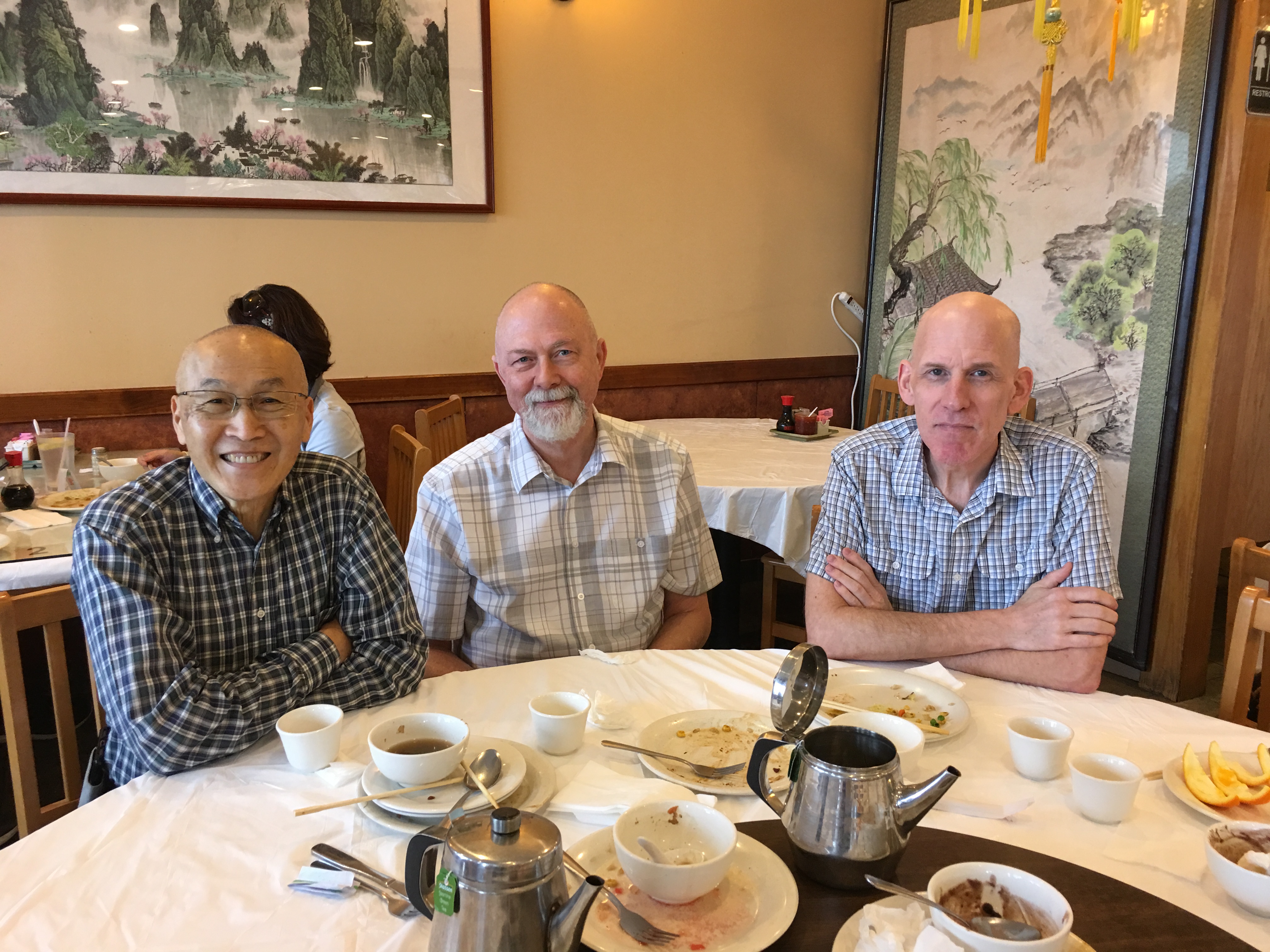
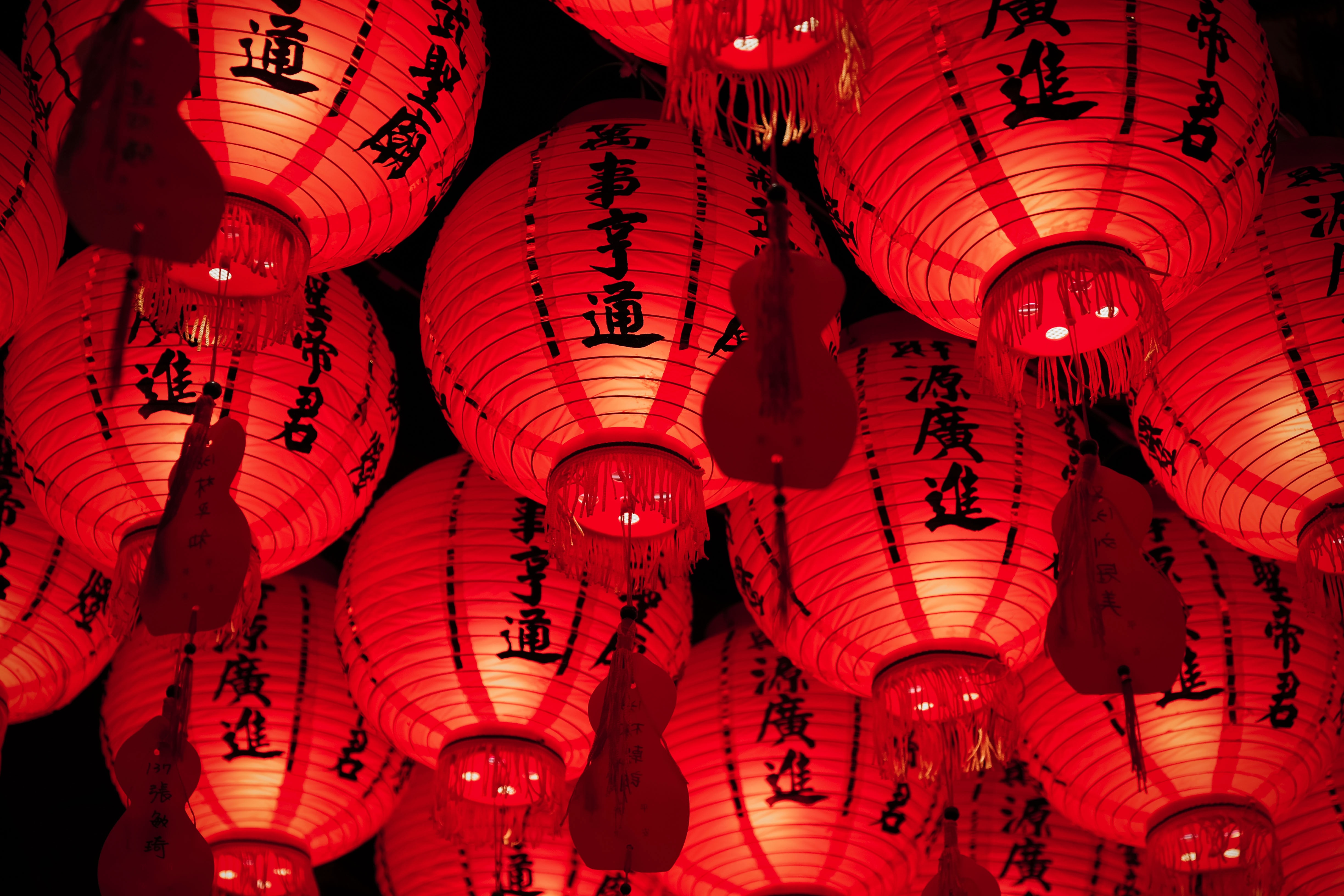
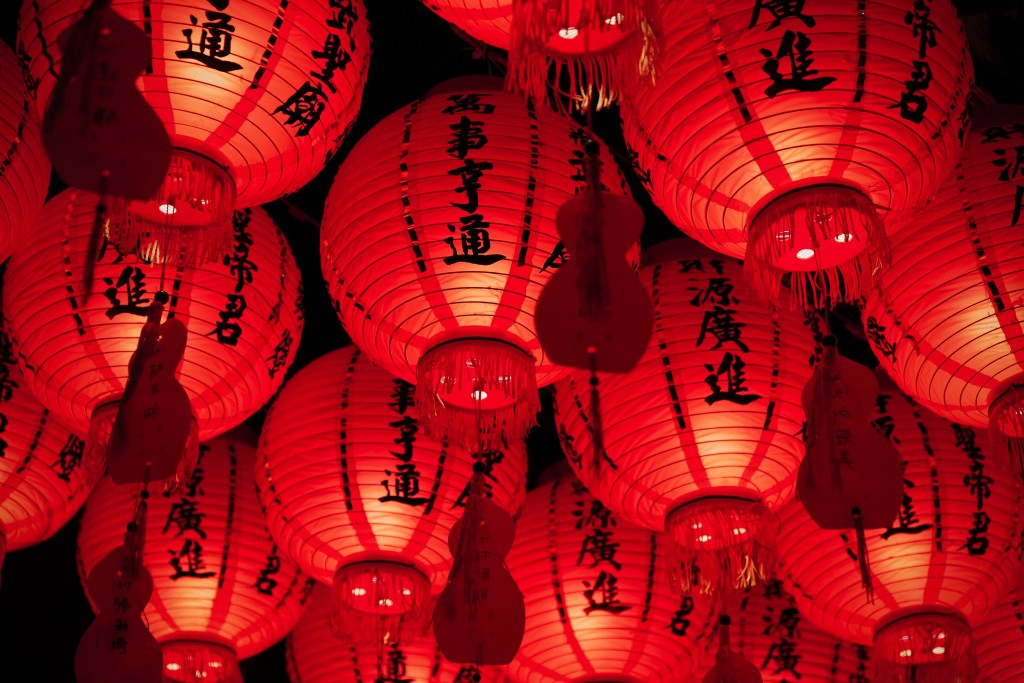
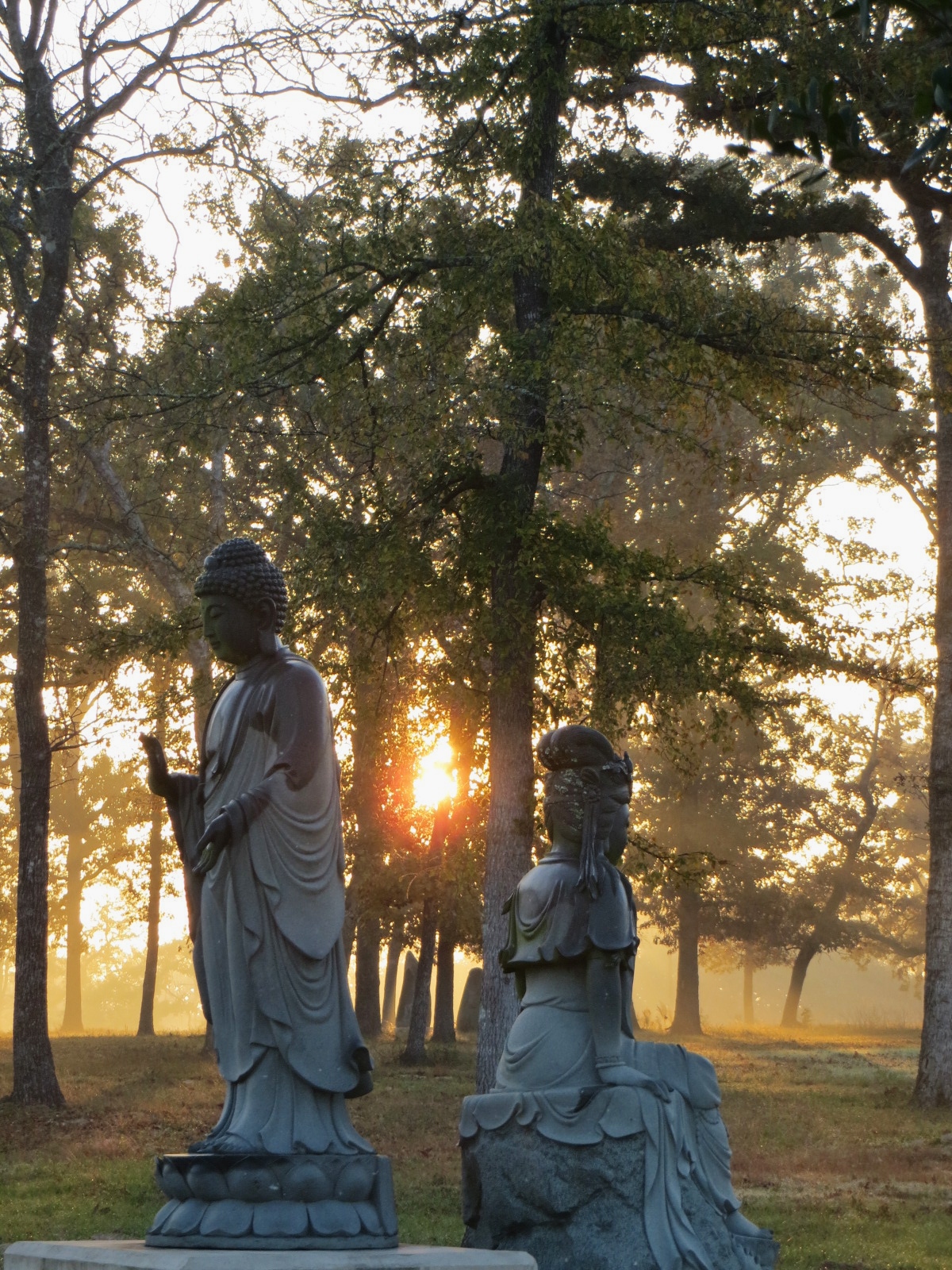
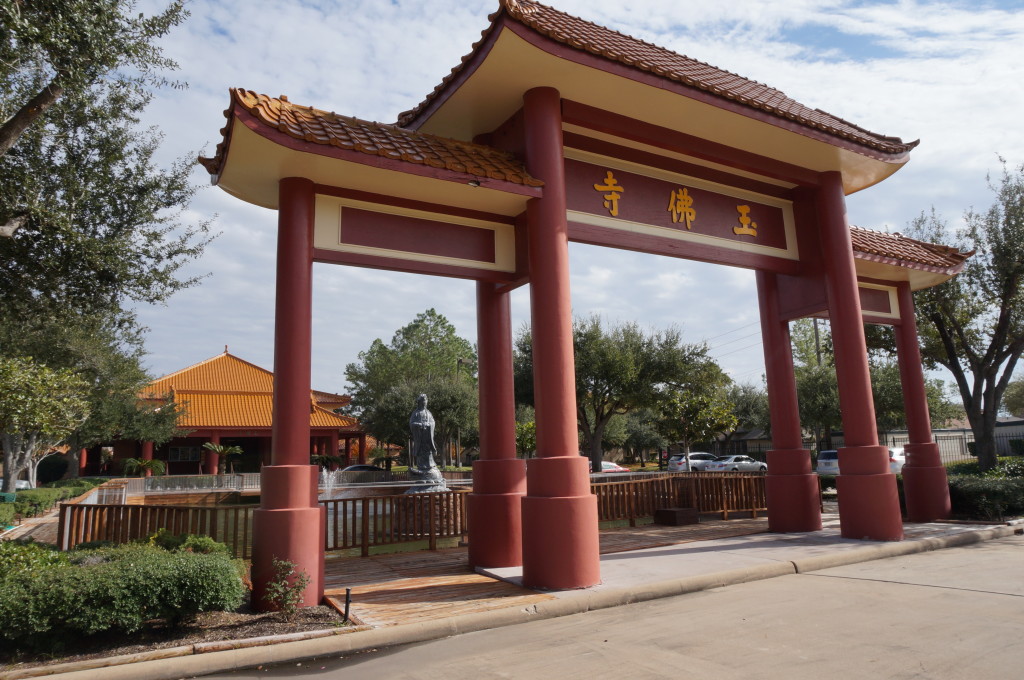

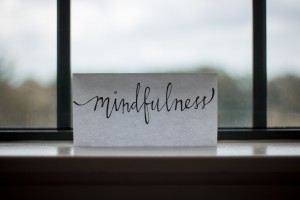

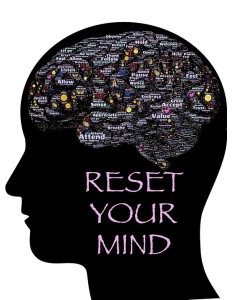 Business leaders, professional athletes, mental health professionals, and, of course, your neighbor down the street are all discussing how being mindful can improve our mental state and general well-being. Mindfulness is used as an approach for treating pain, depression, anxiety, OCD, addiction, chronic diseases, and HIV treatment side effects, as well as an aid in weight loss and in being more productive. So what is mindfulness? And what does the research have to say about its ability to better our lives?
Business leaders, professional athletes, mental health professionals, and, of course, your neighbor down the street are all discussing how being mindful can improve our mental state and general well-being. Mindfulness is used as an approach for treating pain, depression, anxiety, OCD, addiction, chronic diseases, and HIV treatment side effects, as well as an aid in weight loss and in being more productive. So what is mindfulness? And what does the research have to say about its ability to better our lives?